Have you been feeling tired and having difficulty breathing? Sharp stinging pain near the heart is also an additional issue you have been witnessing recently? Coronary Artery Disease (CAD) could be a possible reason.
We are assuming you are aware of the fact that we have a dedicated circulatory pathway that supplies our heart with the necessary amount of blood, right? If statistics (R) are to be believed, coronary artery disease is possibly the most common type of heart disease, claiming over 370,000 lives every year.
By the end of this article, you will have gathered all the necessary information there is to know about the coronary artery disease causes and even the treatment options that you can opt for.
What is Coronary Artery Disease?
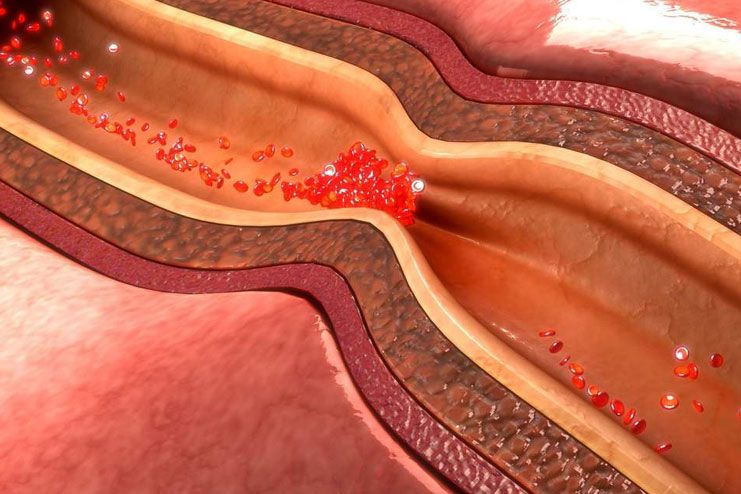
Coronary Artery Disease is a type of cardiovascular disease which causes impaired blood flow to the heart because of the obstruction in the coronary artery.
It is possibly one of the most common types of heart ailment that is the leading cause of death in the United States itself. You would be shocked to know that statistics (R) suggest that every 40 seconds, someone is suffering from a heart attack.
Types of Coronary Artery Disease
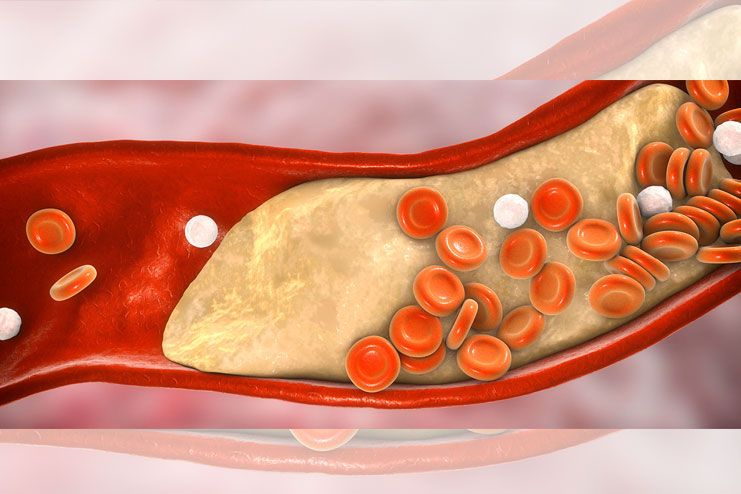
Often times, when it comes to explaining the types of coronary artery disease, people often tend to think that there’s just one type – the one where the arteries are blocked and narrowed.
There are actually three different types of Coronary Artery Disease, which include:
Obstructive Coronary Artery Disease – this is the primary type of the disease in which the accumulation of plaque is what ends up resulting in the narrowing and blockage in the arteries supplying the heart.
Non-Obstructive Coronary Artery Disease – this is the type of CAD in which the arteries constrict and malfunction inappropriately after branching out into further tiny vessels but then getting squeezed in by the overlying heart muscles.
Spontaneous Coronary Artery Dissection (SCAD) – the last type is often the most serious of the three and is a condition in which the significant layers of the artery splits.
Causes of Coronary Artery Disease
 The discussion around the coronary artery disease causes can be quite extensive. It is important to understand for a fact that it is not necessarily something you inherit but a condition that is caused because of the lifestyle and diet we consume.
The discussion around the coronary artery disease causes can be quite extensive. It is important to understand for a fact that it is not necessarily something you inherit but a condition that is caused because of the lifestyle and diet we consume.
The induction of coronary artery disease is something that does happen over time and is inflicted with the growing obstruction in the arteries.
The damage does predominantly start from the inner lining of the coronary artery and spreads further out.
There are a number of factors that could be contributing to the condition of CAD and some of them include:
- Consumption of an unhealthy diet
- Lack of an active lifestyle
- Smoking
- Hypertension
- Diabetes
- Insulin resistance
- High cholesterol levels
These influencing factors do have the capability of destroying the inner lining of the coronary artery and once that’s done, the cholesterol and the other wastes start accumulating in that area, causing an obstruction, that can later induce the condition of CAD altogether.
Signs and Symptoms of Coronary Artery Disease
 Given the fact that Coronary heart disease is a progressive disease, you will often experience symptoms that you brush aside as something trivial.
Given the fact that Coronary heart disease is a progressive disease, you will often experience symptoms that you brush aside as something trivial.
Don’t do that.
It is very important to take close notes of the Coronary Artery Disease symptoms to be able to handle them effectively and for the best.
Some of the common symptoms of the disease that you should look out for include:
Common symptoms include:
- Shortness of breath
- Feeling dizzy and lightheaded
- Discomfort in the chest
- Fatigue and tiredness
- Persistent chest pain
Rare symptoms include:
- Unstable angina (chest pain)
- Atypical chest pain
- Rapid palpitations
- Silent heart attacks
How Coronary Artery Disease is diagnosed?
 Diagnosing the condition associated with Coronary Artery Disease is not necessarily a cakewalk.
Diagnosing the condition associated with Coronary Artery Disease is not necessarily a cakewalk.
Given the fact that the disease gets worse over time, you might not necessarily experience the symptoms at the early stages, making it harder for you to seek medical help altogether.
There are a number of pathological and diagnostic tests that the doctor suggests to be done.
1. Electrocardiogram
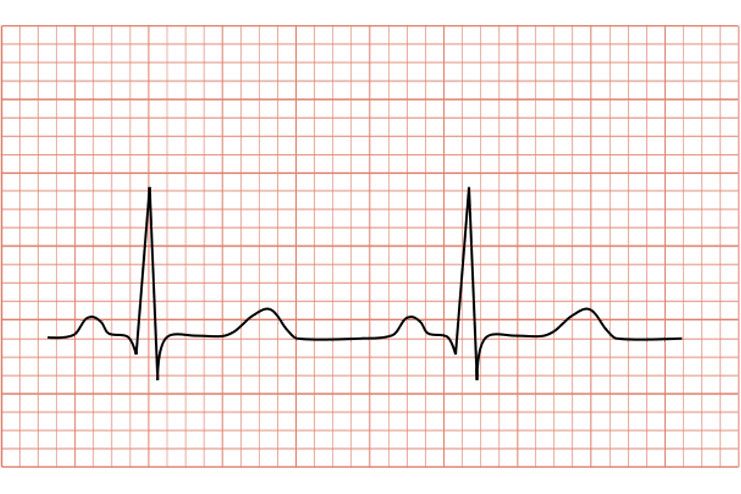
An electrocardiogram is a specific test that helps monitor the electrical activity of the heart.
If the doctor finds any kind of alterations with the waves, chances are that it helps them get an idea on whether or not you have experience heart attacks prior without you knowing.
2. Echocardiogram
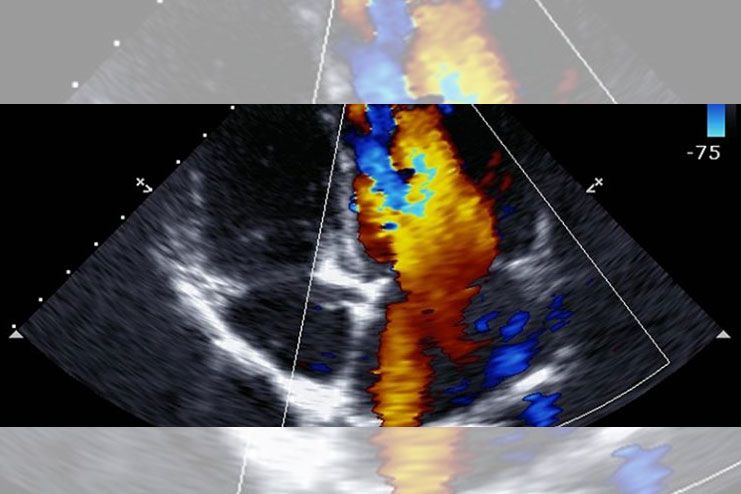
Yet another form of diagnosis suggested by the doctors is through an echocardiogram.
Even these are imaging tests which are done with the help of ultrasound waves to showcase a clear picture of the heart and to see its functions effectively.
If there is any kind of impairments with the blood flow or the regular functioning of the heart, the doctor does take note of the same.
3. Stress Test

The stress test for monitoring cardiovascular activities is something that helps imply any kind of alterations in heart health.
The test measures the stress put on the heart when an individual performs any kind of physical activity and also while they are on rest. The test has been designed to test and monitor the electrical activity of the heart.
If the doctor finds any kind of impaired test results, the same could be a diagnosis for CAD.
4. CT Scan
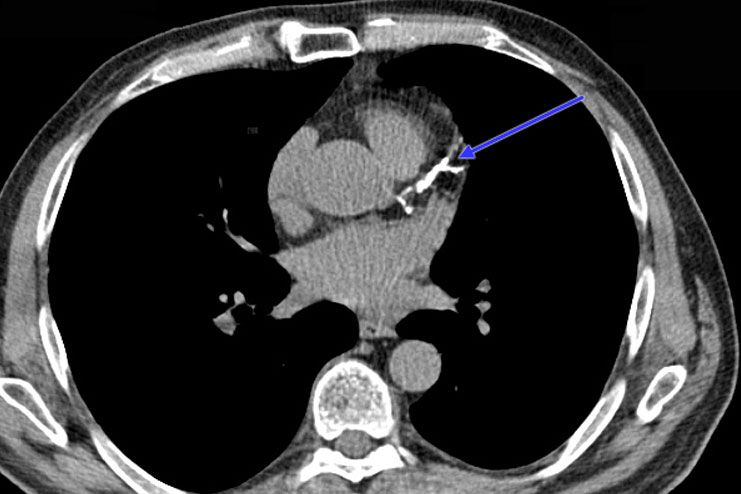
Conducting a CT scan of the heart is also an effective way to see whether or not there is any kind of impairments in the heart function.
When it comes to the diagnosis of Coronary heart disease, the doctor predominantly works around to find the calcium deposits around the heart using this process.
If the levels are abnormal, only then do they proceed on to suggest the needful.
5. Cardiac Catheterization
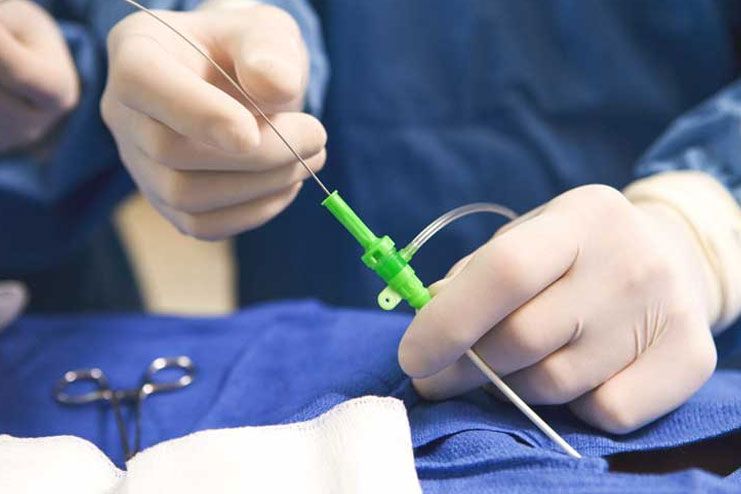
This is the test in which the doctor injects a dye as a marker to see any kind of changes in the functioning of the arteries.
The dye is injected into the coronary arteries through a catheter which is inserted through an artery in your groin or forearm region. The dye is what helps in identifying any kind of blockage through the heart that could be causing the problems altogether.
Possible Treatment Options for Coronary Artery Disease
 Coronary Artery Disease treatment options are not necessarily that hard to master. Given the fact that our kind of lifestyle, as well as diet, does play a very crucial role in the development of this disease, it is not at all surprising that making healthier switches could be a plausible approach of treatment.
Coronary Artery Disease treatment options are not necessarily that hard to master. Given the fact that our kind of lifestyle, as well as diet, does play a very crucial role in the development of this disease, it is not at all surprising that making healthier switches could be a plausible approach of treatment.
It is very important to consult a doctor and go with their suggestions on what would be best for you, depending on the health conditions and even the associated risk factors.
In here, we are going to be suggesting some effective treatment options to handle Coronary artery disease symptoms effectively.
1. Lifestyle Changes
 Lifestyle changes contribute to be one of the best modes of treatment for patients suffering from CAD. There could be a number of things that you could be doing wrong with your health and if that is something that is influencing the condition of your heart, they need to be changed.
Lifestyle changes contribute to be one of the best modes of treatment for patients suffering from CAD. There could be a number of things that you could be doing wrong with your health and if that is something that is influencing the condition of your heart, they need to be changed.
Some of the effective lifestyle changes that can positively influence the condition include:
- Opting for a healthy diet
- Exercising on a daily basis
- Quit smoking
- Reduce alcohol consumption
- Maintain a healthy weight
2. Medical Procedures
 As mentioned before, the condition of coronary artery disease is often hard to detect at an early stage which can prove out to be fatal for a number of reasons altogether.
As mentioned before, the condition of coronary artery disease is often hard to detect at an early stage which can prove out to be fatal for a number of reasons altogether.
If you are at a stage of the disease that the normal lifestyle changes won’t suffice, that’s when the medical procedures step in.
Some of these procedures include:
- Balloon angioplasty – this is quite a popular method used for coronary artery treatment. This primarily helps in widening the blocked arteries and even get rid of the plaque buildup which is primarily causing the blockage altogether. The doctor inserts a stent which helps keep the lumen around open for them to successfully carry on with the procedure.
- Bypass graft surgery – yet another one of the treatment options is the coronary artery bypass graft surgery which helps restore the normal blood flow with the aid of open chest surgery.
- Enhanced external counterpulsation – this method of treatment is done to instigate and stimulate the formation of the new blood vessels around the area so as to ensure that the blood has other routes to travel through instead of the clogged artery that is restricting the blood flow altogether.
3. Medications
 Last but not least in the list of treatment options is medications.
Last but not least in the list of treatment options is medications.
If the lifestyle changes aren’t enough for the recovery, that’s when the doctors suggest the medications to be able to avoid the last option of the surgical processes.
The administration of the drugs depends solely on the kind of situation that the patient is subjected to.
Some of the possible options for medications include:
- Aspirin
- Statin
- PCSK9 inhibitor and several more
Coronary Artery Disease – Risk Factors
 There could be a number of influencing factors involved in the process but there are some associated risk factors that influence this condition even further.
There could be a number of influencing factors involved in the process but there are some associated risk factors that influence this condition even further.
Some of the common risk factors associated with this condition include:
- Aging is one of the most common reasons behind the condition
- Studies suggest that men are at high risk of developing this condition than women
- Hereditary conditions in which there is a family history associated with heart diseases
- Been an avid smoker
- High levels of cholesterol in the body can be the primary risk factor in the development
- If the plaques that cause obstruction
- Diabetes, especially type 2 diabetes has been found to have heightened risk factors in inducing CAD
- High levels of stress and cortisol levels could be contributing to this condition
- Obesity or being overweight
How to Prevent Coronary Artery Disease?
 Leading a healthy and active lifestyle has often been associated with the active prevention of this disease.
Leading a healthy and active lifestyle has often been associated with the active prevention of this disease.
Some of the best preventive measures you can take for the managing the coronary artery disease causes include:
- Manage your blood pressure levels
- Cut down the consumption of an unhealthy diet
- Stick to the consumption of low fat and low sodium diet
- Quit smoking
- Maintain a healthy weight
- Manage the signs of stress
- Get rid of the sedentary lifestyle
Coronary artery disease can impose a number of complications in your life. It is important to ensure that you do pay close attention to the symptoms and opt for ways to handle the situation before it does get worse altogether. In here, we have walked you through every possible detail you would need to know about this condition and hope it helps you out in the process.
In this Article

















